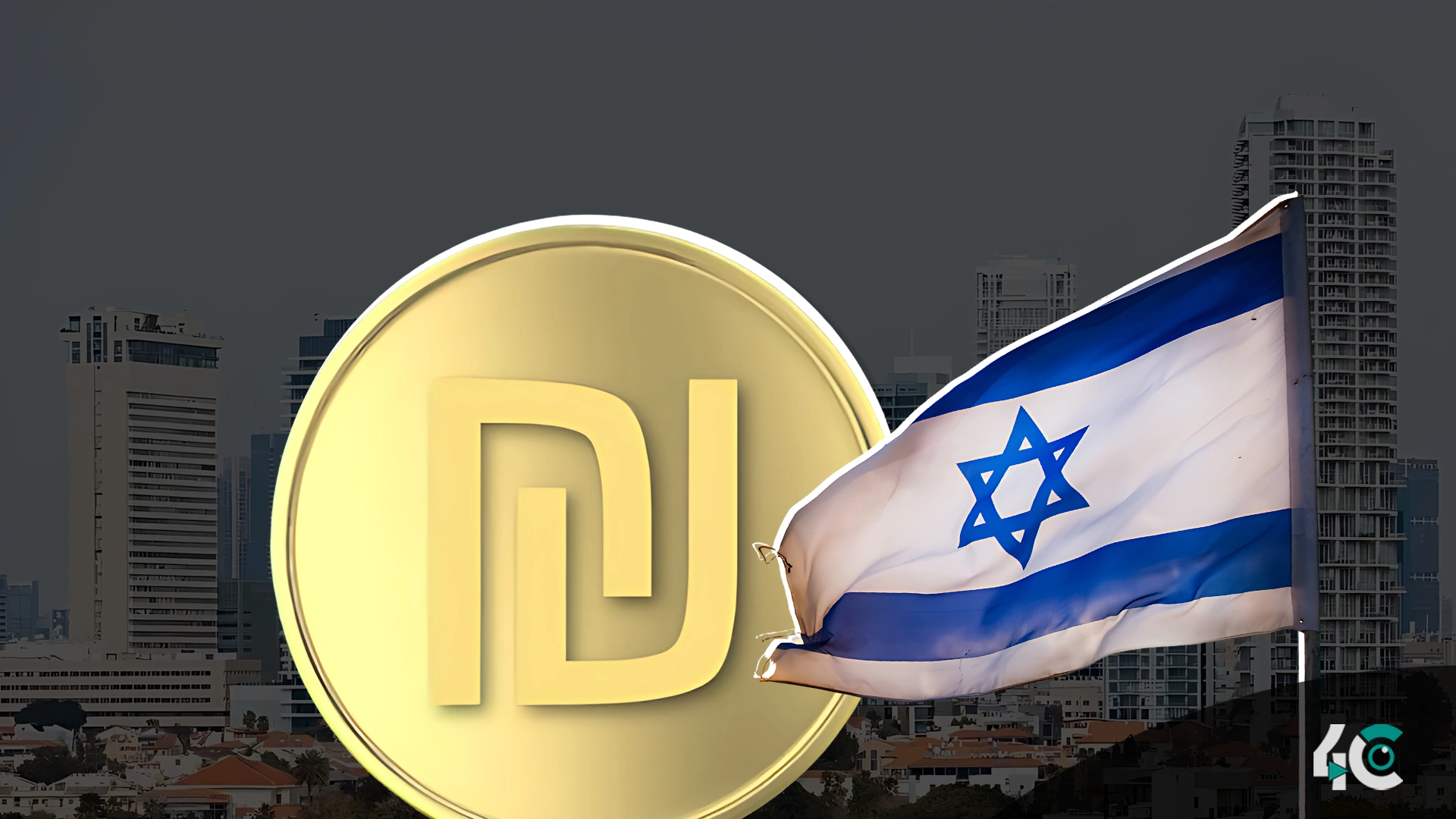The Bank of Israel has presented a preliminary design for its central bank digital money (CBDC), the digital shekel, in an effort toward modernizing its financial system. Though no formal decision has been taken on its execution, this proposal presents the framework, possible advantages, and regulatory issues of the currency.
A step toward digital transformation
The Bank of Israel’s Steering Committee discussed an initial design for the digital shekel, along with its possible ecosystem and technical structure, on March 3. Six main reasons for implementing a CBDC are underlined in the proposal: building a competitive payment system, reducing transaction costs, enhancing financial privacy, and strengthening government initiatives against tax fraud and unlawful activity.
Everybody’s Digital Currency
The central bank wants the digital shekel to be easily available. Adoption of the digital shekel would make it accessible to all spheres, including people, companies, financial institutions, and even visitors. The digital money aims to offer an impeccable payment interface, ensuring inclusivity for all users.
Main characteristics of the digital shekel
The idea emphasizes many crucial aspects that might make the digital shekel a revolution in the financial industry:
Users would be able to pay offline, thus guaranteeing accessibility even in places with poor internet connections.
The digital shekel would connect with current payment systems and digital asset networks, therefore enabling seamless transactions across platforms.
Real-time processing of payments would help lower delays and improve efficiency through instant settlements.
Private Sector’s and Regulation’s Role
Under the suggested structure, private financial institutions would handle client onboarding and offer further financial services while the Bank of Israel would be the only issuer of the digital shekel. Officials aiming to strike a mix between security, privacy, and openness are still working on the regulatory framework.
Public comments and upcoming strategies
Launched the “Digital Shekel Challenge,” the Bank of Israel invites companies and engineers to investigate practical uses of the money, therefore guaranteeing a well-rounded approach. Besides, the central bank welcomes public comments until April 30, 2025. Research, legislative changes, and public reaction will help determine the ultimate choice for starting the digital shekel in 2026.
Although the digital shekel is still in the conceptual stage, its ability to change Israel’s financial scene is rather important. Israel’s approach could establish a standard for the next digital currency projects as other nations investigate CBDCs.



























